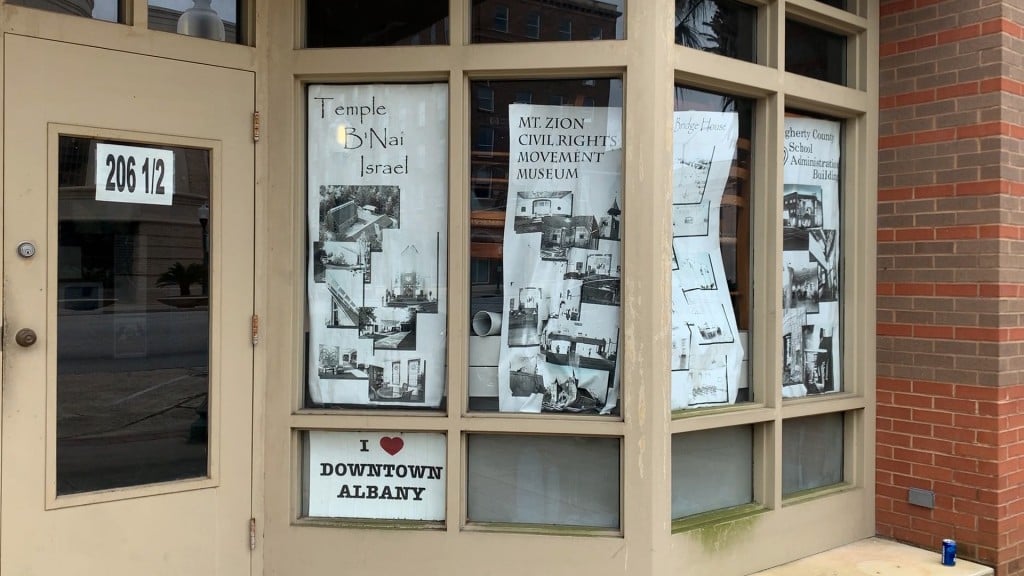Local organization continues supporting local businesses through pandemic

ALBANY, Ga. – When COVID-19 devastated the county, SOWEGA Rising met the pandemic head-on. Businesses were in need of masks, PPE and essential resources and volunteers with SOWEGA Rising were there to help.
“When the pandemic hit in march we reached out to a few of our community leaders and asked, ‘what can we do, how can we help?’ and we were told very clearly, ‘Do what you can we need help, you don’t need permission just do something if there’s something you can do just go out and do it,’ and we took that to heart,” says SOWEGA Rising co-chair Sherell Bryd.
The organization provided 5,000 masks to over 100 businesses, as well as 10,000 pairs of gloves and 100 thermometers as well as disinfectant spray and hand sanitizer.
“Many of them (businesses) were very cash-strapped to be able to afford the necessary PPE to open their doors so we knew that was an opportunity for us to jump in and help.”
Throughout the pandemic the group also advocated for lower light bills for people who were financially impacted by COVID-19. They set up access to healthy, nutritious foods and the organization’s leaders say their next step is to analyze the food behavior in the community to understand how that might have worked hand in hand with the novel virus to cause 180 Dougherty County residents to die from COVID-19 complications.
“The reason why that coalition is so critical right now is because we know COVID-19 hit our community because of the underlying health rates and health issues that are centered around poor health as well as poor nutrition in our community.”
SOWEGA Rising along with other community partners set up an online food data hub to help organize and maintain the data on the city’s food resources.
“That allows us to truly identify what are some of the key areas that were really, truly hit by COVID-19 and then what if we also overlaid that with what are some of the health rates that are already in those areas in relation to proximity of grocery stores, fast food restaurants and things of that nature?”
The data hub will include their findings after they conduct interviews and research beginning in November.


